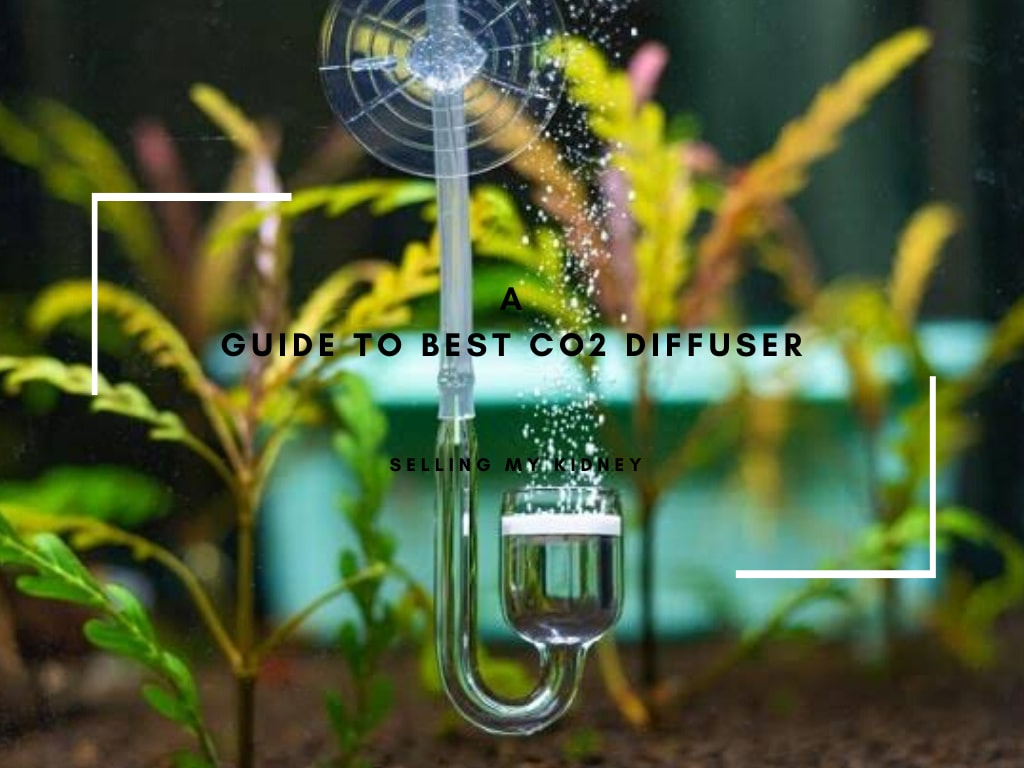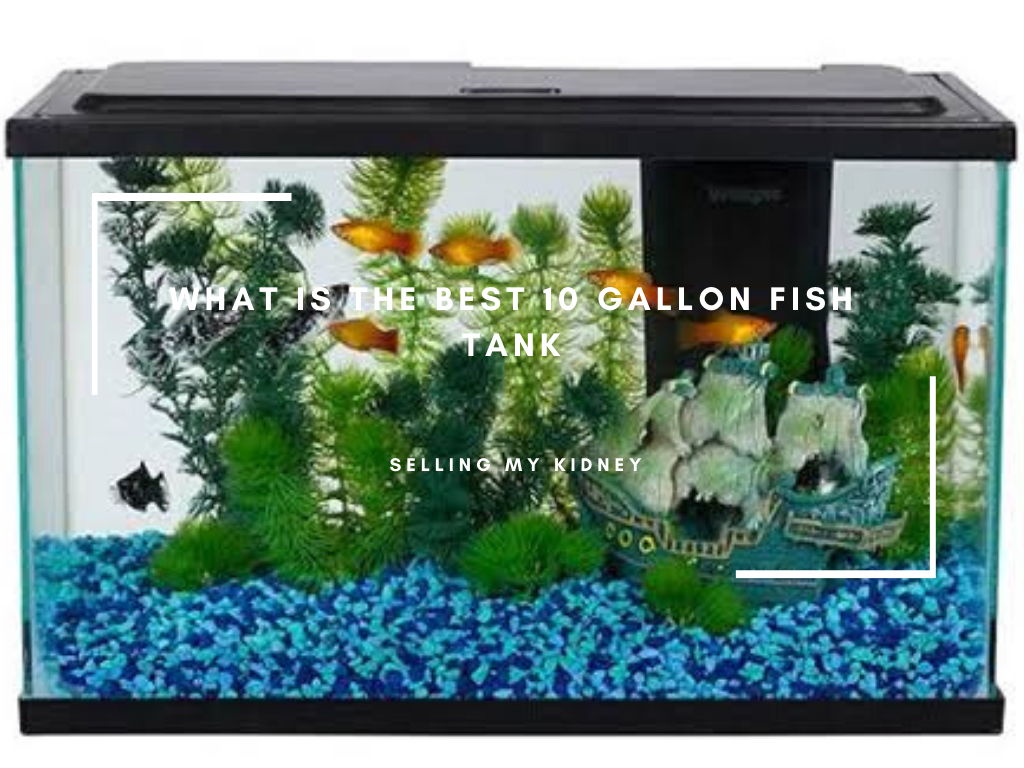Generally speaking, though, mechanical filters should run 24/7.
Biological ones can usually be turned off at night when there’s less activity in the tank – this helps conserve energy too!
I can think of several factors that can influence that, such as tank size, type of filtration system used (mechanical or biological), and number of inhabitants in the tank.
Additionally, if you have live plants, they will benefit from having some time without filtering so that their natural processes can take place unhindered by strong currents created by powerful pumps.
Ultimately, it comes down to personal preference. Still, I recommend running both types for 8-10 hours daily with regular maintenance checks every few weeks to ensure everything is working properly!
Factors That Affect The Run Time Of Aquarium Filters
Aquarium filters are an important part of keeping a healthy aquarium.
The run time of the filter affects how well it works and can greatly impact water quality.
Factors that affect the run time include:
- tank size
- type of filtration system used
- number and types of fish in the tank
- Amount/type of food fed to fish.
- The frequency with which you clean or replace parts such as media cartridges
- flow rate setting for your pump;
- Presence (or lack)of live plants in your aquarium – they help absorb nutrients from waste products produced by fishes and other organisms living there!
Finally, any chemical treatments like medications were added recently.
In that case, this could also reduce efficiency over time due to buildup within filter components.
All these factors should be considered when determining optimal running times for the best results!
The Importance Of Proper Filtration Timing In Aquariums
Proper filtration timing is essential for a healthy aquarium.
It helps keep the water clean and free of toxins and provides oxygenation, which fish need to survive.
Here are some important points about proper filtration timing:
- Regularly scheduled filter changes – this should be done every two weeks or so;
- Cleaning out debris from filters regularly – remove any buildup that can clog up your system;
- Checking chemical levels often – ammonia, nitrite, and pH must all remain within acceptable ranges;
- Monitoring temperature fluctuations carefully – sudden drops or rises could cause stress on aquatic life forms living in the tank.
Proper filtration also ensures good circulation throughout the ecosystem by removing waste products such as uneaten food particles, decaying plant matter, and other organic materials before they break down into toxic substances like ammonia or nitrites.
This keeps plants and animals safe from harm while promoting growth through increased nutrient availability!
Finally, it’s important not only for maintaining an optimal environment.
But also for preventing disease outbreaks among inhabitants of your aquariums too!
The Relationship Between Aquarium Filter Run Time And Water Quality
Aquarium filter run time is an important factor in maintaining good water quality.
The longer the aquarium filter runs, the better it can remove debris and pollutants from your tank’s water.
This helps keep fish healthy by providing them with clean, oxygen-rich water to swim in.
Here are some key points about how running a filter for long periods affects aquariums:
- It removes waste products like ammonia and nitrates that build up over time;
- It increases dissolved oxygen levels which helps promote healthier aquatic life;
- It improves clarity so you can see into your tank more easily;
- And it reduces algae growth since fewer nutrients will be available for its development!
Running filters for at least 8 hours per day is recommended to allow enough contact between filtration media and contaminants. While also allowing beneficial bacteria colonies to form on surfaces inside the system.
These break down toxins, further improving the overall health of both plants & animals living within tanks!
Does An Aquarium Filter Need To Be On All The Time?
An aquarium filter is an important part of keeping a healthy tank.
It helps to keep the water clean and free from harmful bacteria, debris, and other contaminants that can be dangerous for fish.
The answer to whether or not it needs to be on all the time depends on several factors:
- Size of Tank – If you have a larger tank with more fish in it, then having your filter running constantly will help maintain better water quality;
- Type of Filter – Different types require different levels of maintenance, so make sure you know what type yours is before deciding how often it should run;
- Fish Species – Some species are sensitive to environmental changes, so that they may need constant filtration. While others don’t mind if there are periods when the filter isn’t running;
- Maintenance Schedule – Regularly cleaning out your filters ensures they work properly but also allows them some rest between uses.
Generally speaking, most experts recommend leaving your aquarium’s main filter turned off at least once every two weeks for about 24 hours. That gives beneficial bacteria time to build up again after being disturbed by regular use.
In conclusion, depending upon these various factors, an aquarium owner must decide whether or not their particular setup requires continuous filtering or periodic breaks throughout its operating cycle.
The Importance Of Monitoring Water Quality During Filter Run Time
Water quality is an important factor in the health of our environment.
Monitoring water quality during filter run time helps to ensure that it remains safe and clean for everyone who uses it.
Here are some reasons why monitoring water quality is so important:
- It ensures that pollutants, such as chemicals or bacteria, do not enter drinking supplies;
- It can help identify potential problems before they become serious issues;
- Regular testing allows us to track changes over time which may indicate a problem with the system itself;
- Testing also provides valuable information about how well treatment systems are working and if any adjustments need to be made.
Additionally, regular tests allow us to detect trends in contamination levels, which could lead to more effective management strategies being implemented.
Finally, by regularly checking on water quality, we can make sure that all regulations regarding safety standards are met.
This protects both human health and aquatic life from harm caused by poor-quality waters!
The Role Of Aquarium Size And Fish Population In Determining Filter Run Time.
Aquarium size and fish population are important in determining filter run time.
A larger aquarium requires more filtration to keep the water clean, while a smaller tank needs less filtering power.
Generally speaking, for every 10 gallons of water, you should have at least one hour of filter run time per day.
However, this can vary depending on your specific setup:
- For tanks with fewer than 5 fish – 1-2 hours/day is sufficient
- Tanks with 6-10 fish – 2-3 hours/day
- 11+ Fish – 3+hours/day
It’s also important to consider other factors, such as how often you feed your fish or if there are any live plants present that may require additional nutrients from the filtered water.
Additionally, certain filters (e.g., hang on back) will need longer running times compared to internal ones. due to their limited capacity and surface area exposure for biological filtration media contacts!
Finally, it’s always best practice to check ammonia levels regularly to remain within safe limits. Which helps ensure healthy aquatic life in our home aquaria!
In Conclusion: How Long Should Aquarium Filter Be On?
In conclusion, the length of time an aquarium filter should be on depends largely on the size and type of tank.
Generally speaking, filters should run for at least 8-10 hours daily to ensure that water is properly filtered and oxygenated.
It’s important to remember that too much filtration can cause problems such as low dissolved oxygen levels or high nitrate concentrations in your tank, so it’s best not to leave them running 24/7 unless necessary!
Additionally, you have live plants in your aquarium. In that case, they will help with natural filtration. Which may reduce how long you need your filter running each day.
Ultimately, every situation is different – experiment with what works best for yours!




